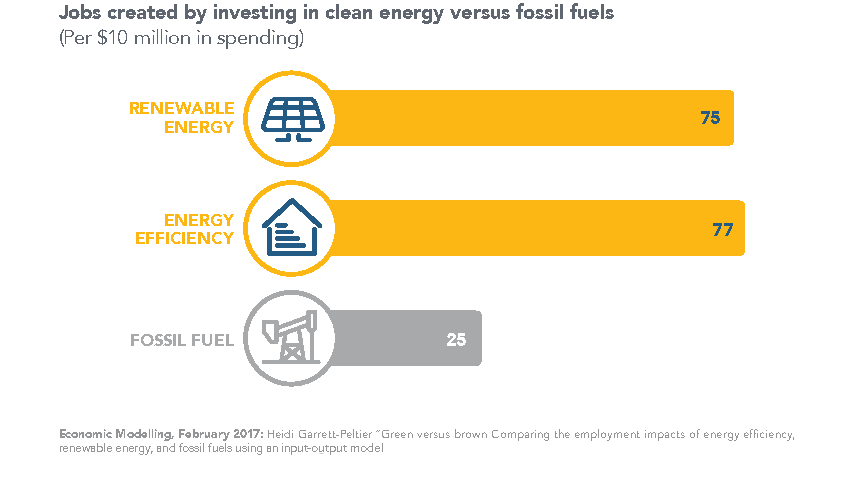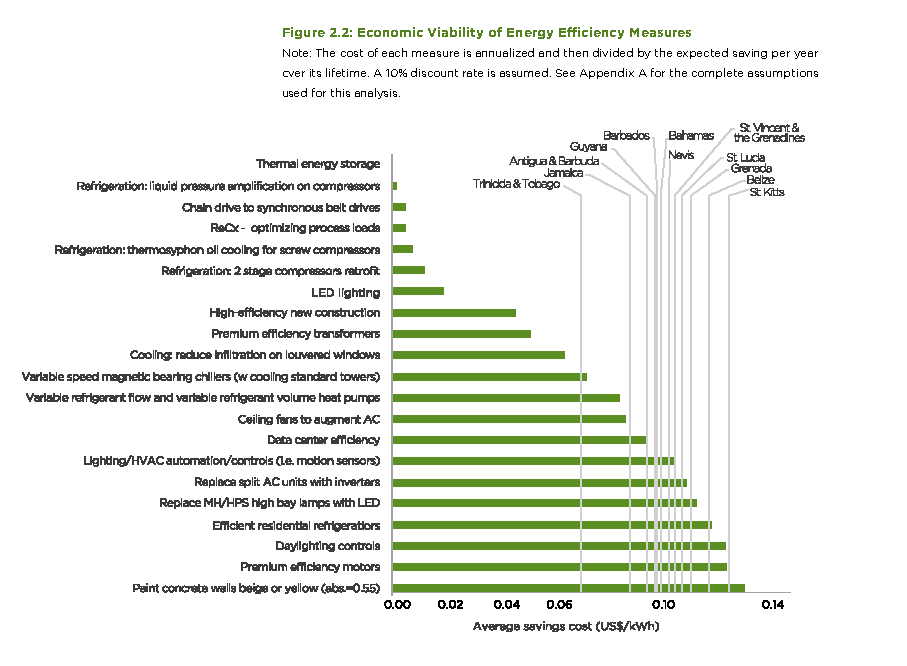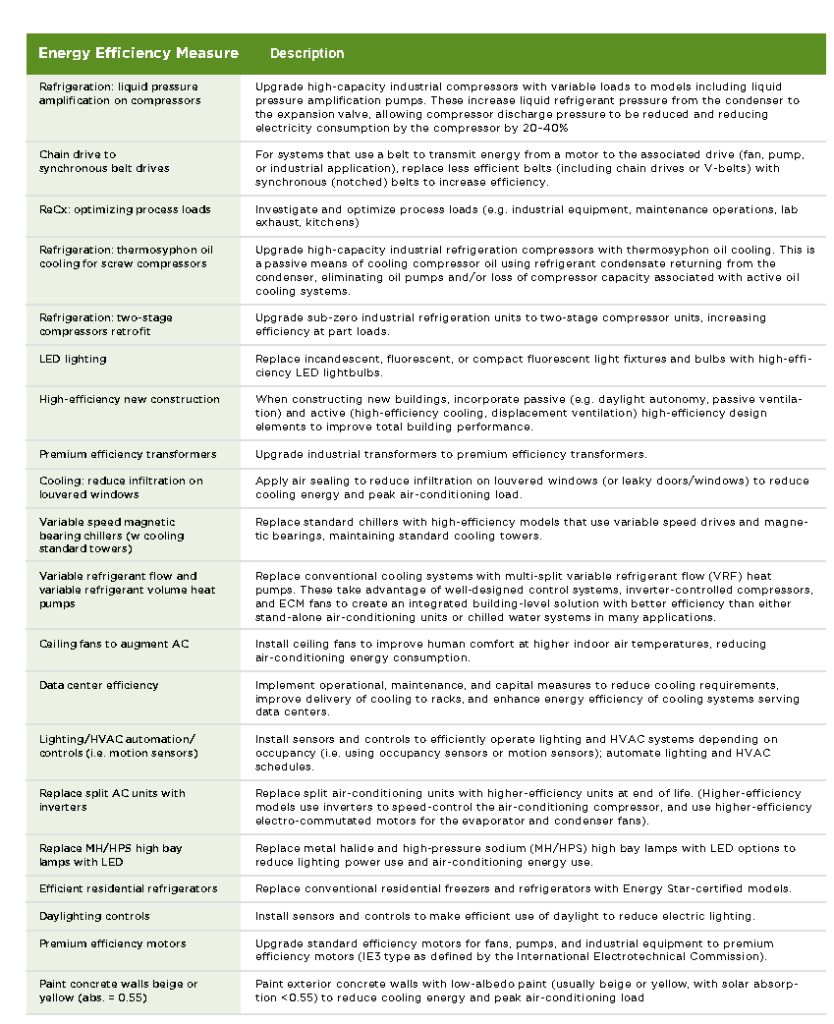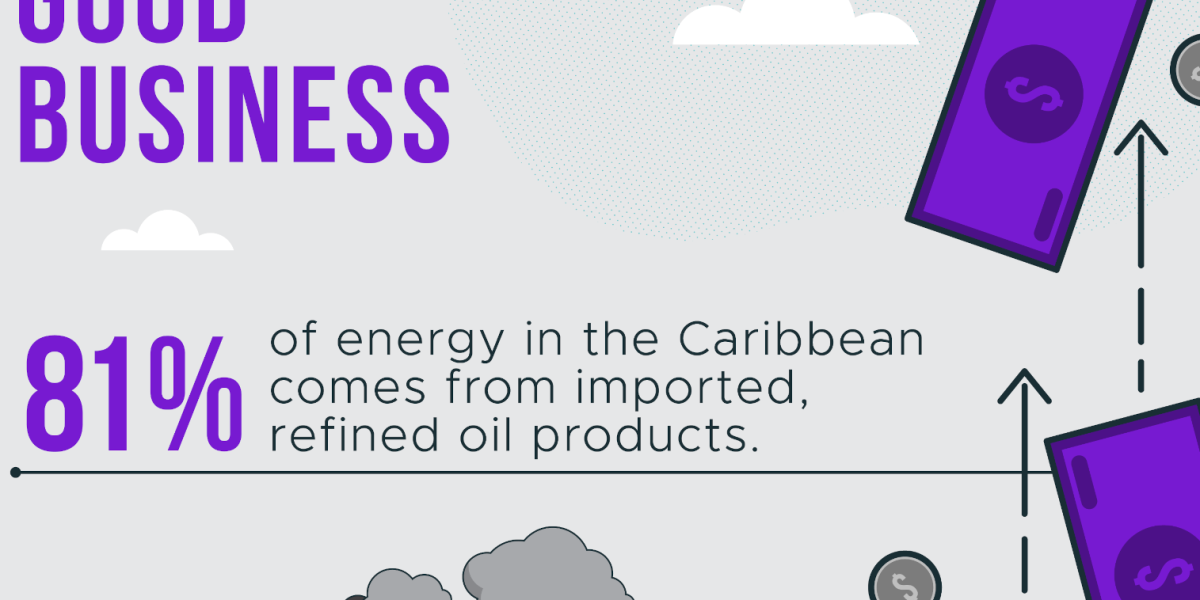“When energy efficiency results in reduced consumption, it can reduce prices.” (IEA – Multiple Benefits of Energy Efficiency)
The question of whether energy efficiency practices actually make a difference to the cost of energy is a pretty valid one. It’s one that impacts on the CARICOM Energy Efficiency (CEE) Labelling Programme being piloted by CROSQ in the region, especially in light of the thrust towards renewable energy. While both renewable energy and energy efficiency are based on energy usage, one attempts to switch the source of the energy directly from fossil fuels (renewable energy), while the other tries to find ways to reduce the consumption of energy powered by fossil fuels (energy efficiency).
There’s already the view on the international scene that the recovery of economies in the post-COVID19 environment will come with issues of sustainability in energy and related strategies. In a Sustainable Energy for All report, it noted there was increasing pressure on power producers to keep up with the demand when economies are depressed, noting that within the 15 member states of CARICOM, seven have energy access deficits. So, efforts to address sustainability are needed now, perhaps even more than ever before.
For businesses which are high energy users and are trying to see how much they can save, especially now with economies being hard pressed to cope with the pandemic and other challenges, saving money on energy is one place to start.
While some countries have set targets in 2030 for cleaner and more resilient energy sources than fossil fuels, the switch won’t happen overnight and, in the meantime, there are things factories, large businesses, hospitals and even schools – when students begin filtering back in – can do to cut down on at least one expenditure — that of electricity.
Upgrading outdated equipment and greening facilities to take advantage of natural light and utilize efficient appliances can aid in this regard. It can help with savings on the cost of energy, and as businesses start to examine ways of doing this, we can perhaps even see the slow formulation of a new potential job sector – that of energy consultants, auditors and accessors, and engineers.
In fact, SEforAll predicts that for every $10 million invested in clean energy, about 77 new jobs can be created in serving the energy efficiency market.

It is also a good idea, the IEA found, for energy suppliers to also encourage energy efficiency. Now that the demand for energy is so high, it seems the optimum time to do so. Another study by the IDB, noted that “investing in energy efficiency could yield US$6.1 billion in net economic benefits over the next 20 years”. The reason this is significant is that the same report notes that the region has many opportunities to save money by investing in energy efficiency.

For businesses, reducing consumption of energy by implementing energy efficient practices can help with the demand and invariably your energy bills. This is particularly so in the areas already identified as having the greatest consumption – i.e. lights, air conditioning/cooling, and refrigeration.
Below are a few suggestions the IDB report made that might also be useful to high energy consuming entities, especially in relation to lighting, cooling and construction.

“By adopting economically viable energy efficiency measures, CARICOM countries could meet demand for energy services while consuming 18 percent less electricity over the next 20 years.”
As businesses, you can help begin this thrust by looking at what you can do, individually, to reduce your consumption, while not adversely affecting your productivity. A little investment now, could save a lot in the long-run.
Sources:

